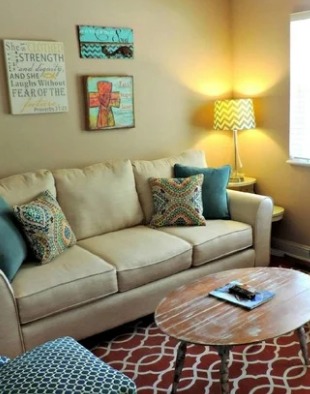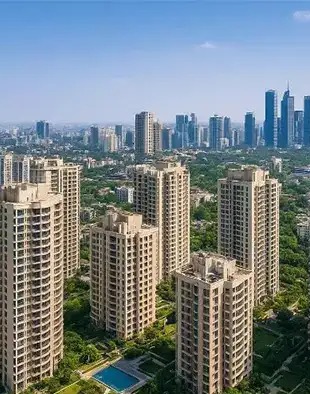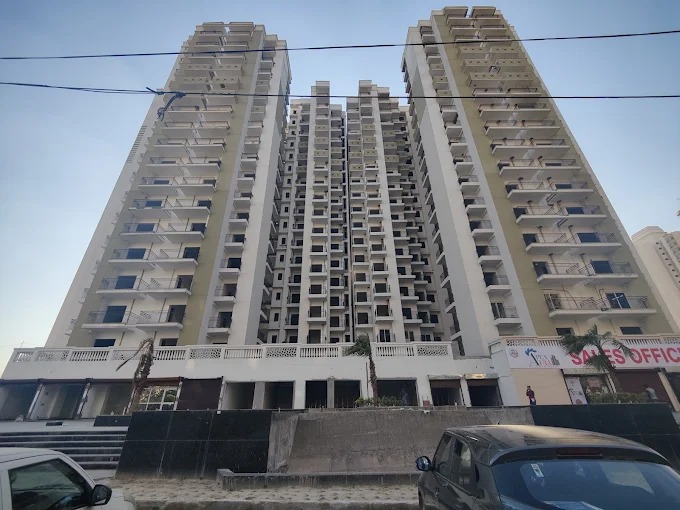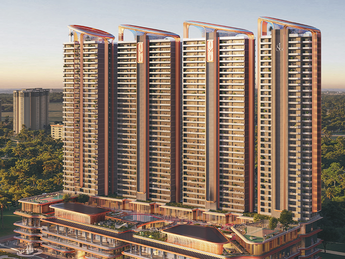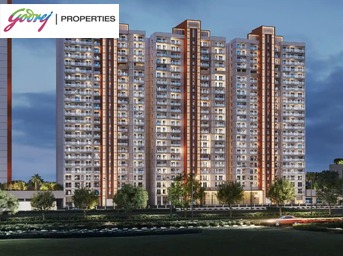DINKs vs DIWKs: Making sound plans for buying a property that will keep you financially healthy in the long run
By Bricksnwall | 2025-10-29

Seema and Rajiv Mathur live in New Delhi and are
both working professionals. They are a dual-income, no-kids (DINK) pair. Even
though they make a lot of money together, they would rather rent than own a
home. They value mobility and freedom. They often put their savings into mutual
funds and Systematic Investment Plans (SIPs). They just stay away from the
large emotional and financial commitment of owning a home.
Roliee Anshuman and her husband, who both work and
have kids, live in Gurugram and want to buy a property first. They wish to make
their family life stable. They also think owning property as a long-term
investment, even though EMIs (Equated Monthly Installments) might be hard on
their finances. Their major purpose is to keep their family safe and give them
room to live. This emphasis on safety points to a larger trend.
The question: Why do DINKs choose to rent?
Couples who don't have kids usually find it easier
to buy a home. They have more money to spend, less stress about money, and can
save money more quickly. In a strange way, they are less likely to acquire
homes than DIWK couples. DIWKs care more about owning things, even when they
have more financial problems.
It's apparent that DINK couples make more money on
average than other couples. They can save almost twice as much money every
month. In principle, this skill provides them a better chance of being able to
buy a home.
Madhupam Krishna, an investment advisor registered
with the Securities and Exchange Board of India (Sebi), says, "DIWKs are
more likely to buy homes, even though they have more money." "They
want security, space, and the chance to develop riches over time. Even if they
have to bend their budgets, this is still true. DINKs might wait to buy. They
like being able to move around, being flexible, or spending money on adventures
and saving.
Abhishek Kumar, the founder of SahajMoney, tells
couples, "No matter what your family situation is, always put saving for
retirement ahead of buying a home early." You should only buy a house if
you plan to live there for at least five years. Otherwise, renting gives you
more freedom when it comes to investing.
Should you buy or rent? Making the smart choice
DINK couples that want to make money could rent in
pricey cities like Delhi-NCR and Mumbai. Renting costs less up front and gives
you more options for how to invest your money. It also lets them take advantage
of the higher profits on their assets.
Krishna says, "Many financial models show that
renters in Mumbai and Delhi who carefully invest their 'saved' money can build
up 50% more wealth over 30 years than buyers." Even after years of paying
rent, this discrepancy still stays true.
Rental yields (the money you make from renting a
home compared to the price of the home) in these big cities are low, only
2–2.5% of the price of the home. The growth in property prices typically
doesn't equal the gains from equity SIPs or mutual funds.
In cities with high costs of living, DINK couples
frequently perform better financially and professionally by renting. Some
couples, on the other hand, put buying first. They want their family to be
stable for a long time and to be able to make their space their own. This
approach could lead to slower increase of wealth and fewer assets that can be quickly
turned into cash.
Understanding how affordable homes are
Kumar says, "But families who need stability
or are dealing with rents that are going up quickly may benefit from buying a
house." "Owning a home protects you from rent increases."
For couples who don't have kids, a decent option
could be to buy a smaller 1BHK or 2BHK flat that costs between ₹50 and ₹80
lakh. This choice finds a balance between conserving money and reaching your
ownership ambitions. After that, they can put their spare money into mutual
fund SIPs to keep making money.
Couples that are DIWK should only use 40% of their
monthly income to pay down their home loan EMIs. This is to buy a bigger 3BHK
or 4BHK house close to reputable schools. This might require a bigger budget, maybe
between ₹1 crore and ₹5 crore in cities like Delhi, Mumbai, or Bengaluru.
Source: Hindustan Times
